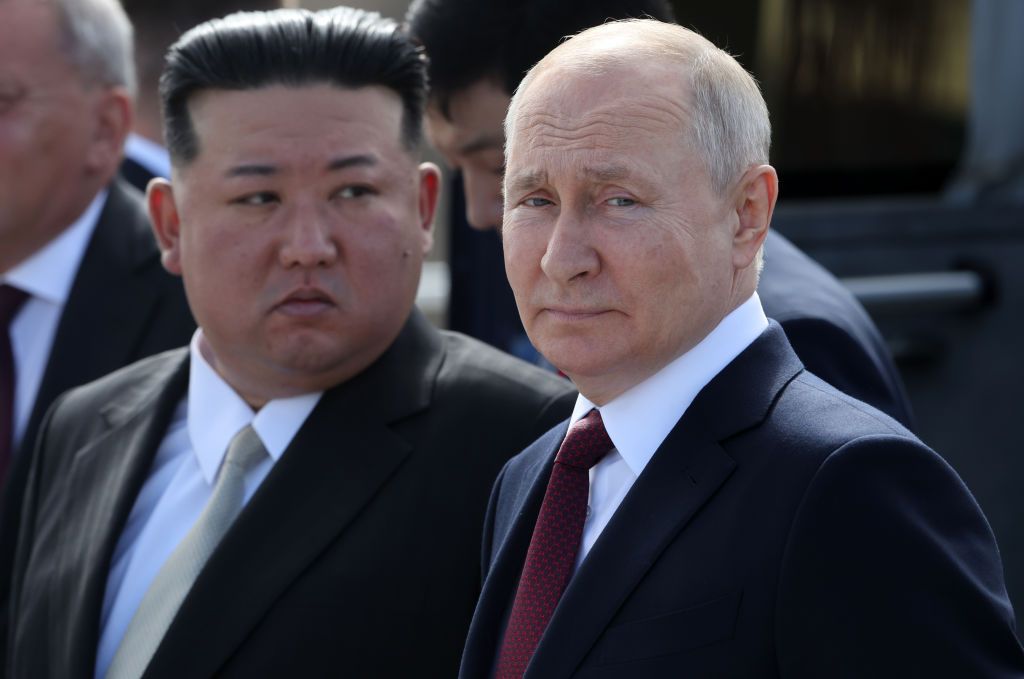White House: Military cooperation between Russia, North Korea has potential to 'drastically' change security threat

The increased military cooperation between Russia and North Korea could "drastically" influence the type of security threats emanating from North Korea over the coming decade, said Pranay Vaddi, the White House's senior director for arms control in an interview with the Center for Strategic and International Studies think tank on Jan. 18.
Moscow and Pyongyang have significantly increased their military ties since the beginning of the full-scale invasion of Ukraine in February 2022. Russia's newfound pariah status that followed the outbreak of full-scale war has forced the country to seek new allies, and as a major producer of military hardware and similarly isolated country, North Korea has allegedly used the partnership to further its own military goals.
"What we're seeing between Russia and North Korea is an unprecedented level of cooperation in the military sphere," Vaddi said. "And I say unprecedented very deliberately - We have never seen this before."
North Korea has supplied Russia with around one million rounds of ammunition, a spokesperson for Ukraine’s military intelligence said on Jan. 15.
The nature of the relationship is increasingly becoming a two-way-street, said U.S. Secretary of State Antony Blinken, in which Russia provides North Korea with advanced military technology and long-range attack capacity, potentially including ballistic missiles and nuclear capabilities in exchange for the shells and missiles.
In the short term, this cooperation has already been felt in Ukraine, where Russia has allegedly used North Korean-supplied ballistic missiles in attacks on the country.
It is over the next decade that the impact of the partnership could become increasingly noticeable in the Pacific region, Vaddi said.
The U.S. has a long-standing military alliance with South Korea and Japan that has been historically focused on the threats stemming from North Korea. Vaddi said that the three countries will need to work together to ensure that their "extended deterrence" was strong enough to hamper North Korea's hostile behavior in the region.
The North Korean state-run Korean Central News Agency claimed on Jan. 19 that the country's military had tested an "underwater nuclear weapons system" in response to recent joint military drills held between the U.S., Japan, and South Korea.
The system allegedly tested was an unmanned nuclear-capable attack drone known as the "Haiel." North Korea has previously claimed it tested the drone.
The nuclear envoys of the U.S., South Korea, and Japan met in Seoul on Jan. 18 and jointly condemned North Korea's military activity and weapons trade with Russia.
The U.S. and nearly 50 countries earlier called for an immediate end to the delivery of weapons from Pyongyang to Moscow.














